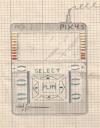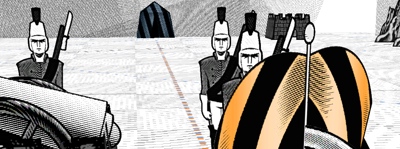The Globe and Mail had a story today on Mamas, don’t let your babies grow up to be Luddites by Patrick White (Nov. 25, 2008) that reports on a MacArthur Foundation funded study on, Living and Learning with New Media. This study looked at how youth participate in “the new media ecology.” (p. 1 of the PDF Summary of Findings from the Digital Youth Project.) The report describes the “always on” connectivity of youth and their “friendshi-driven” practices. I was intrigued by the description of a subset who “geek out.”
Some youth “geek out†and dive into a topic or talent. Contrary to popular images, geeking out is highly social and engaged, although usually not driven primarily by local friendships. Youth turn instead to specialized knowledge groups of both teens and adults from around the country or world, with the goal of improving their craft and gaining reputation among expert peers. While adults participate, they are not automatically the resident experts by virtue of their age. Geeking out in many respects erases the traditional markers of status and authority. (p. 2 of the Two Page Summary)
The Digital Youth Project led by Mizuko Ito brought together researchers at USC and Berkeley. They have a book forthcoming from MIT Press called Hanging Out, Messing Around, Geeking Out: Living and Learning with New Media that is online at the site.




